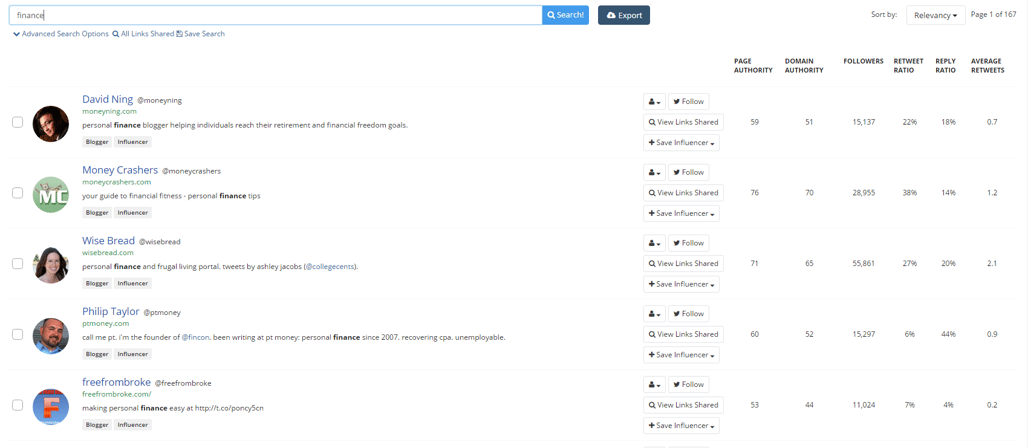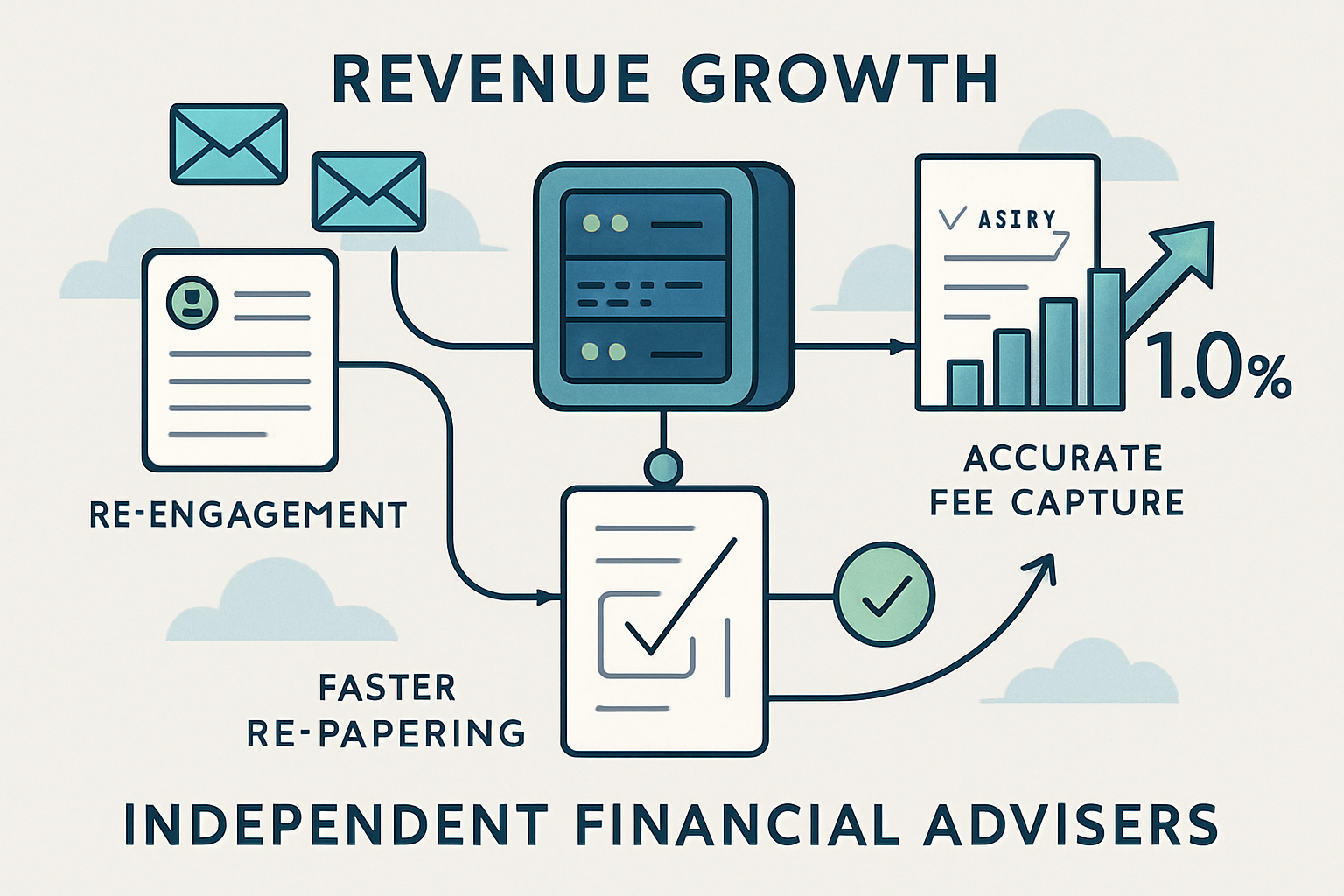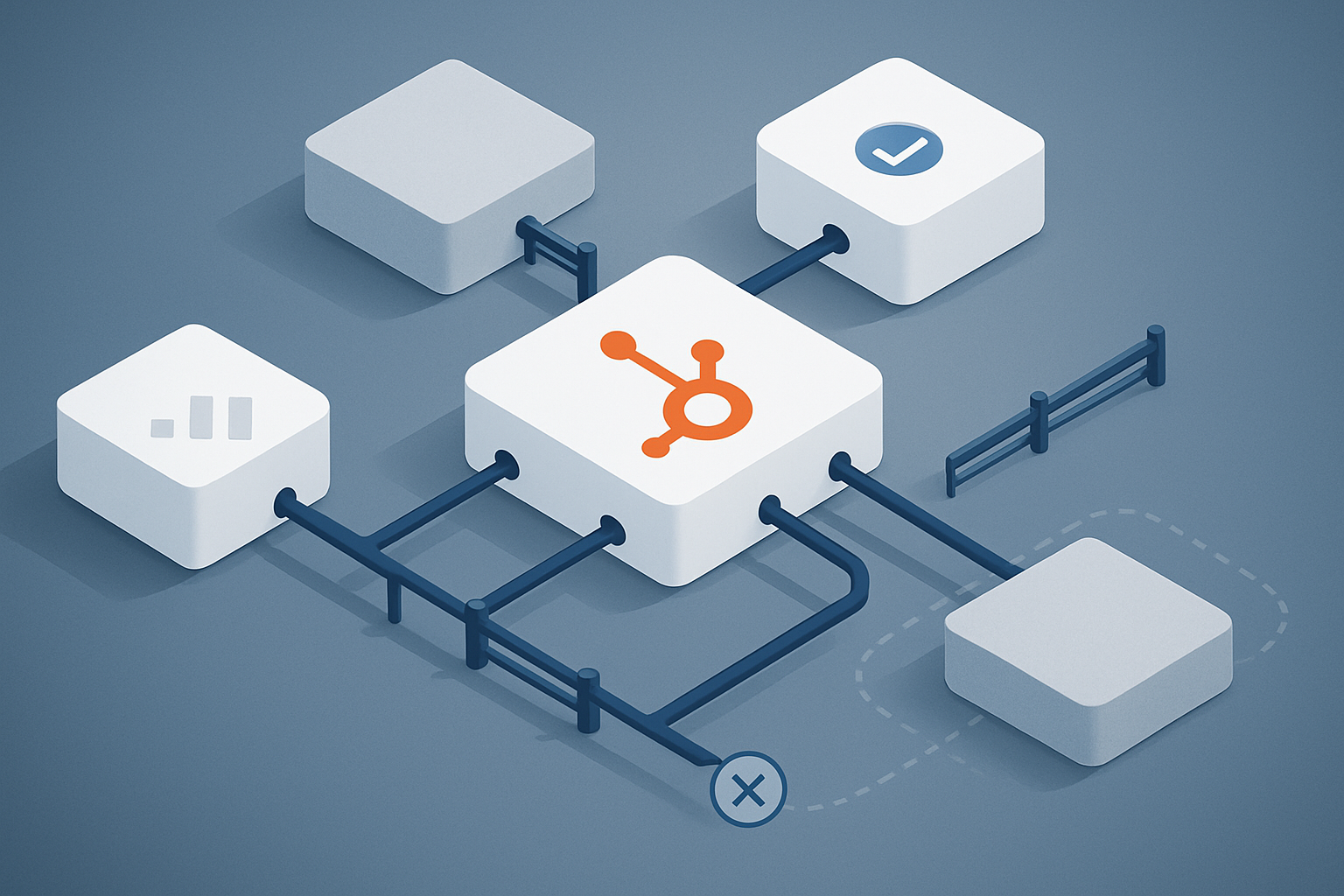How influencer marketing is the future of digital marketing
Digital Marketing
Digital Transformation

As the world moves ever more into being completely digital and social media takes over as one of the main ways we communicate with each other, there is a new type of marketing that is quickly rising to become the best way to reach thousands, even millions, of people. It’s called influencer marketing, and it could well be the future of digital marketing.
So what is it?
When it comes to making a purchase - be it a product or service - people traditionally buy based on a brand or a company they know or have used before. It’s about the visual look, the story and reputation of the brand that influences people. But in an increasingly internet driven age where brands are seen as less engaging and people and celebrities with huge followings rule, influencer marketing is now seen as one of the best ways of reaching thousands of people.
The premise of influencer marketing is pretty simple. A company has a new product, service or message they want to market. But they don’t want to spend thousands on traditional channels like TV, radio, and billboard advertising. Instead, they can create branded content and amplify their message to their target audience through social media influencers. This opens up a new channel for brands to connect directly and organically with consumers. It’s the new ‘word of mouth’ advertising!
While the concept of influencer marketing is still relatively new, many marketers are still hesitant to embrace it. But in the digital world, everything moves at such a fast pace it’s incredibly important to jump on board this new type of marketing.
Still not convinced? Well here are a few reasons why you should give influencer marketing a shot:
Word of mouth is as powerful as ever
Word of mouth has often been considered to be one of the most powerful marketing tools. 74% of consumers identify word-of-mouth as a key influencer in their purchasing decision, according to Ogivly.
Influencer marketing gives brands the perfect opportunity to leverage digital word of mouth through social media personalities that their target audience already follow and engage with.
Social media is the new norm
Consumers now expect brands to talk with them rather than at them. People don’t want to talk to a faceless company anymore, they want to be informed and entertained by a brand with a story and voice. Influencers can plug this gap for brands who don’t have a solid personal presence. Brands can use influencers to start up meaningful organic conversations with their audience, and subtly sell to them.
It’s brand awareness on a new level
Influencer marketing can do wonders for your brand awareness.
On top of the extra exposure, you will also be getting lots of other people and potentially other influencers sharing and talking about your brand. A study by The Social Media Revolution states that user generated posts account for 25 per cent of search results for the world's top brands. Working with influencers can help to give you extra control over the conversation.
It’s native!
To put it simply, influencer marketing is native advertising, meaning it doesn’t interrupt the user’s consumer experience. Native advertising, often associated with social media, is when brands place products into organic content, whereas traditional advertising will always disrupt a consumer. In fact, more people now want to be informed about a product or service through content rather than through a traditional advertising channel.
Take TV advertising for example. Most casual TV watchers would describe them as an inconvenience, or something that they go out of their way to ignore. They disrupt you when you are trying to watch your favourite TV show. But when users scroll through Twitter and spot their all-time sporting hero talking about a new product they’ve found useful, the disruption is minimised.
It’s measurable
Influencer marketing is directly connected to the digital world and the digital world is incredibly easy to analyse for data and trends.
In the past, brands had to take a shot in the dark when it came to their ad campaigns, hoping for the best.
Now, with advanced analytics into website traffic and social media traffic, brands can measure key metrics like engagement rates and audience demographics. Each piece of content can be analysed to see what works well and what doesn’t, allowing brands and influencers to fine tune their content output.
This looks like a marketing option for youth brands and big retailers…
It is easy to look at influencer marketing and say, ‘that’s just for big brands to sell to the youth of today,’ but the opportunities extend much further.
There are influencers who specialise and have big followings for a huge number of industries and subjects.
For example, we ran a search for financial influencers using Buzzsumo (a very useful content marketing piece of software) and were quickly able to build a list of influencers on the subject. We can now connect with these influencers and start a conversation. Eventually, if we strike up a good relationship with them, we could push content to them to share.

If we were successful in engaging the top 5 in the list, we could potentially reach over 100,000 people. Of course, sometimes an influencer will request a fee for sharing content, and this fee will often be based on the size of their audience and reach and can often be a worthwhile investment when compared to other options.
Influencer marketing is a great way to take your marketing to the next level and start to make social media work for you. As well as trying to build your own audience, harness the power of someone else's.


